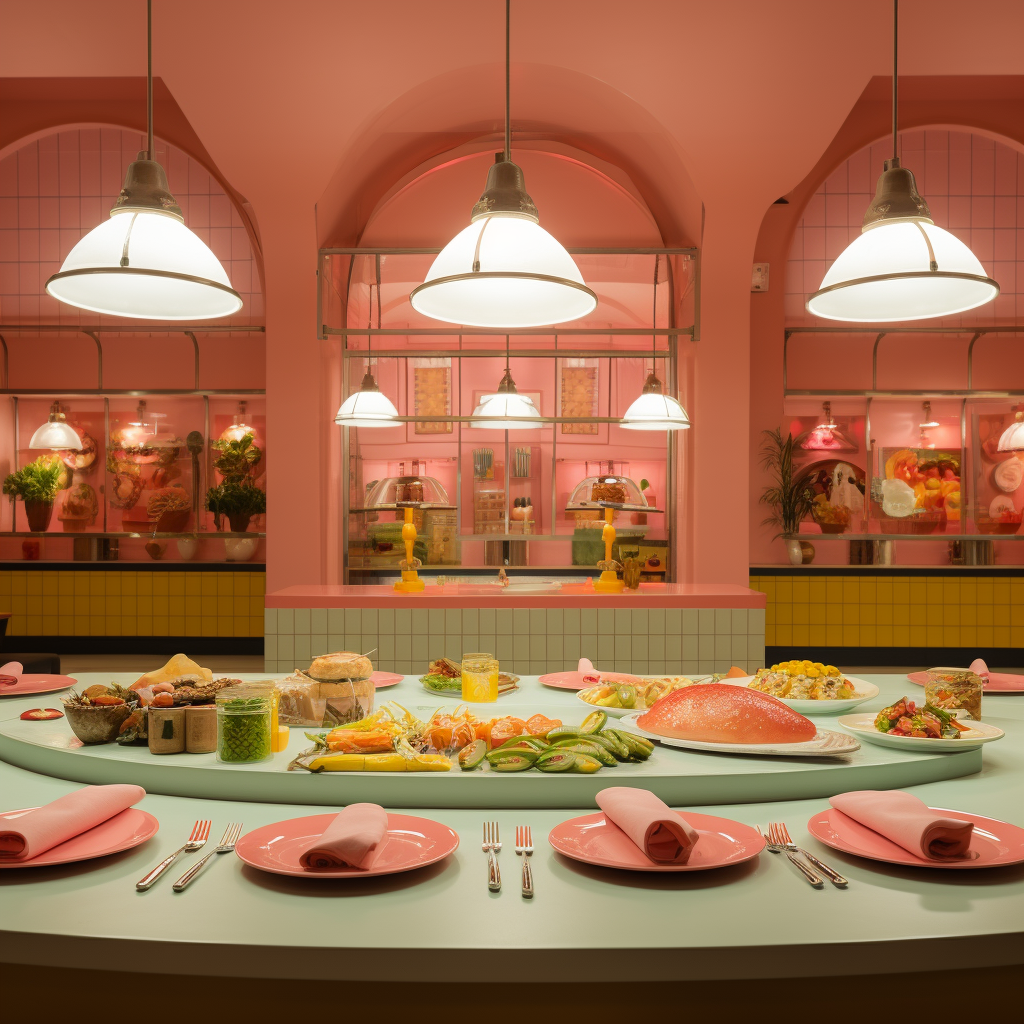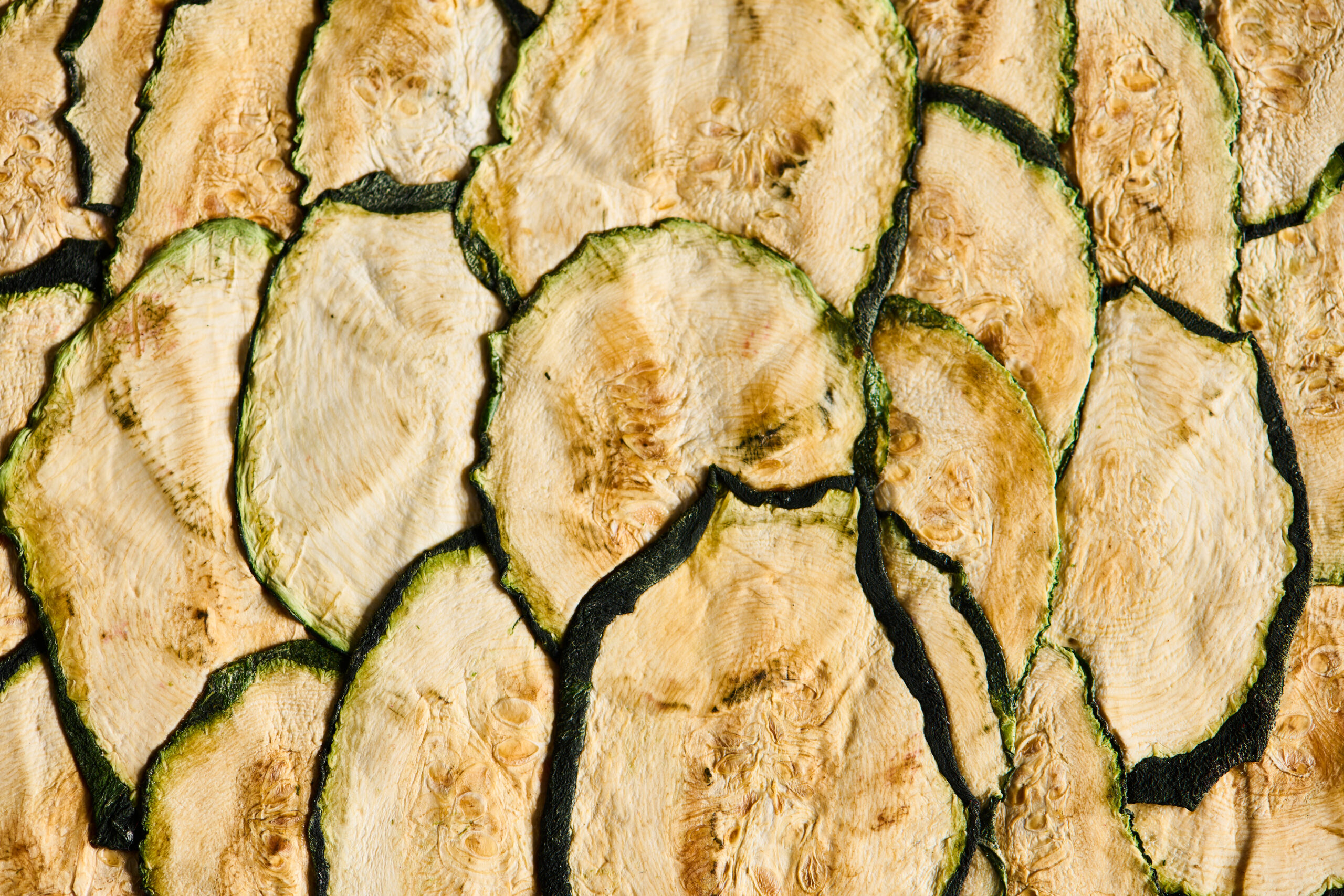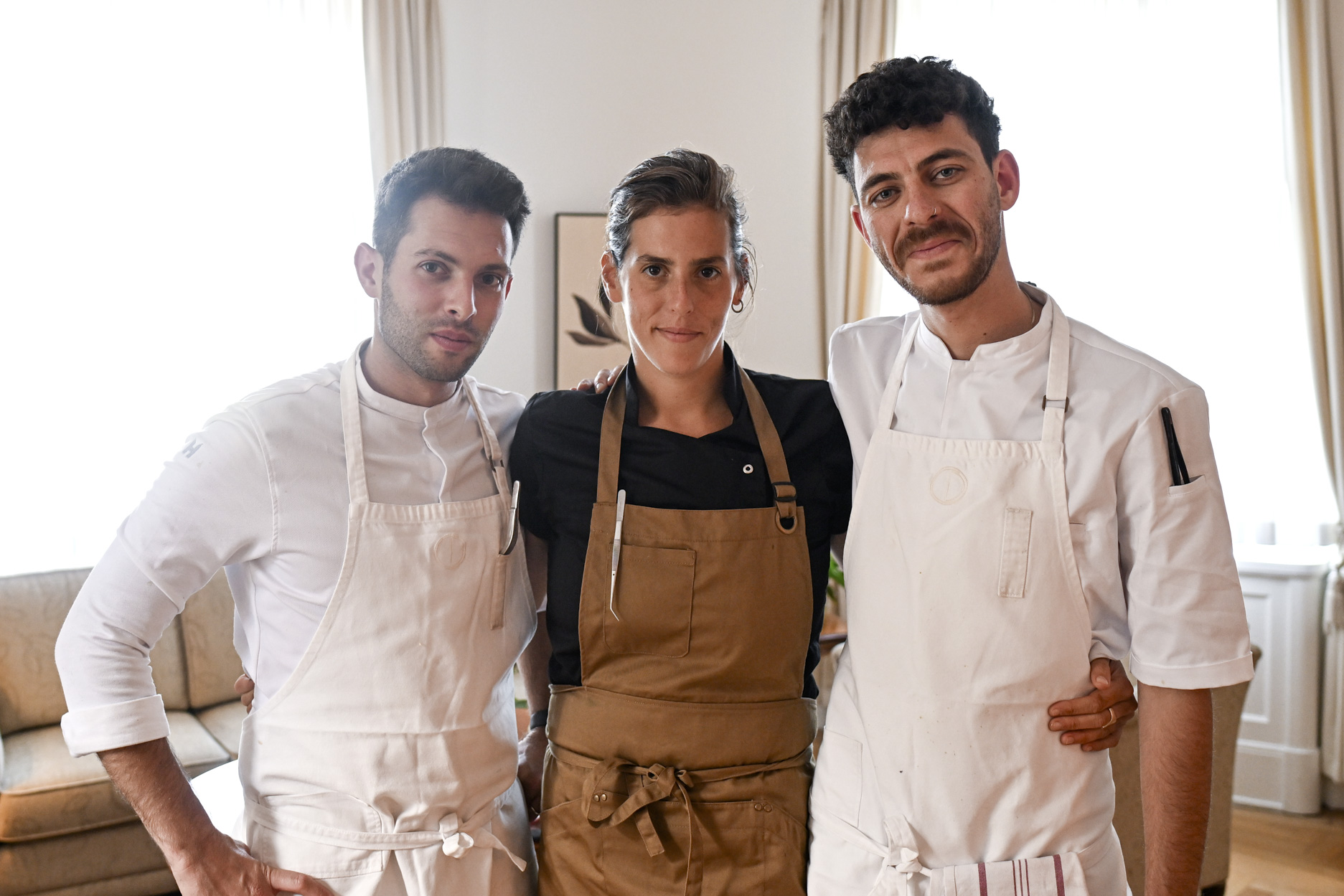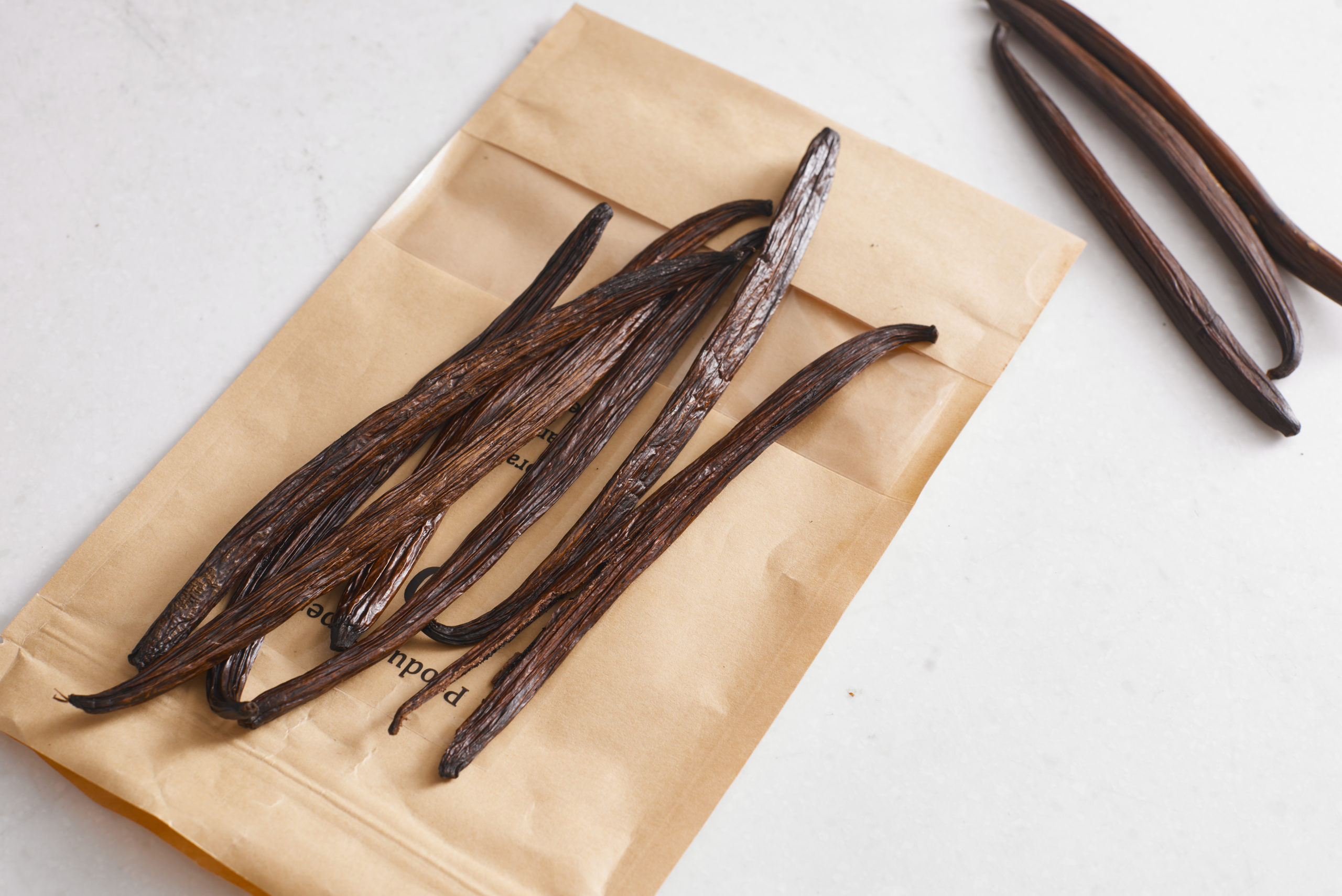Modern farming methods and dietary choices are accelerating the climate crisis and leaving billions malnourished. But chefs and food tech entrepreneurs don’t see eye to eye on how to fix the food system. While food tech looks to modernize, many chefs look back at tradition for inspiration.
The different approaches represent a deeper divide. Many chefs are turned off by food tech, saying the taste of the products isn’t up to par. At the same time, tech entrepreneurs often don’t give chefs an equal seat at the table because they come from outside the traditional engineering community.
That, however, is starting to change. In recent years, Israeli chefs have co-founded their own food tech start-ups to address climate change while meeting a chef’s exacting taste standards.
Technology vs tradition: the differences between food tech and farm-to-table restaurants
Asaf Doktor, the chef and owner of a few hyper-local restaurants in Tel Aviv — Dok, HaAchim, and Abie — tries to address the broken food system by only serving local ingredients at his restaurants. Doktor describes sustainability as a way of life people followed in the days before supermarkets and freezers, when seasonality was a limitation, not a trend. People had to preserve fruits, vegetables, and meat in order to survive.
Food tech strikes a different note, says Doktor. It tries to innovate and make food modern. In some ways, it is just “the high tech of food and agriculture,” says Ilanit Kabessa, an expert on agri-food tech who represents multinational companies working on technology collaborations. In contrast to Doktor’s farm-to-table restaurants, Kabessa says that food tech uses cutting-edge technology to try to fix the situation.
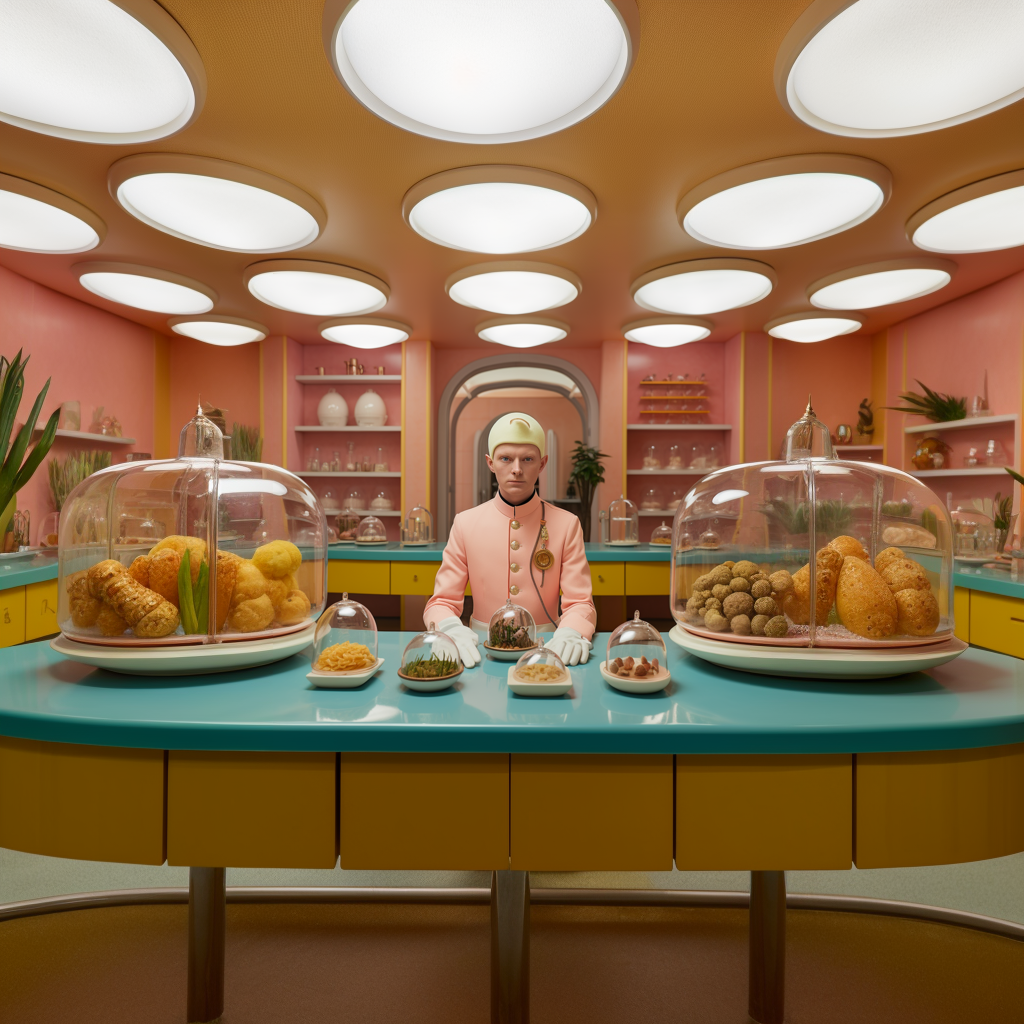
Another fundamental difference between food tech entrepreneurs and environmentally-conscious chefs is the influence customers have on each business. While both care about their customers, at restaurants, chefs are put face to face with their customers, so if a diner is disappointed, they will receive that feedback almost instantly.
“Restaurants need to deliver on a daily basis,” says Yair Yosefi, the chef of Brut, a wine bistro in Tel Aviv, and a co-founder of the food tech company Mediterranean Food Lab (MFL). Making the same dish night after night also requires chefs to have a more “attentive mindset,” says Eyal Shani, an Israeli chef with over 50 restaurants globally. As a result, the vision of a restaurant is limited to the short-term, Yosefi says.
Food tech, on the other hand, doesn’t have to satisfy customers on a daily basis. For start-ups, the primary group they need to please is often a few investors and therefore they are free to have grander visions, explains Yosefi.
Food tech is making inroads into restaurants, but most chefs are still resistant
While some food tech products are trickling into chef’s kitchens for environmental reasons, most still remain in an investor’s slide deck. For many chefs, taste, price, and a dislike of highly-processed foods keep them at bay.
Despite a commitment to working with thousand-year-old cooking techniques like open-fire cooking and fermentation at their restaurant Rutenberg, Hila and Yizhar Sahar are open to working with food tech products to help make their restaurant more sustainable. The Sahars discussed partnering with Remilk, an Israeli start-up making alternative dairy protein. “We think that we’re killing the planet and things like [Remilk] can help us,” Hila Sahar explains.
For Doktor, who cooks almost exclusively with local ingredients to help minimize his carbon footprint, Israeli food tech allows him to work with ingredients that don’t normally come from the region. Despite being ever present in Middle Eastern kitchens, sesame seeds “were not grown in Israel for 100 years,” says Doktor. Thanks to research conducted at the Rehovot School of Agricultural Science, they now are. His restaurants also source sturgeon caviar from the Galilee in northern Israel.
However, Doktor doesn’t consider these products “really food tech.” From his perspective, most of the industry he’s familiar with is still “only a potential,” whether that’s because it’s still too expensive or doesn’t exist yet.
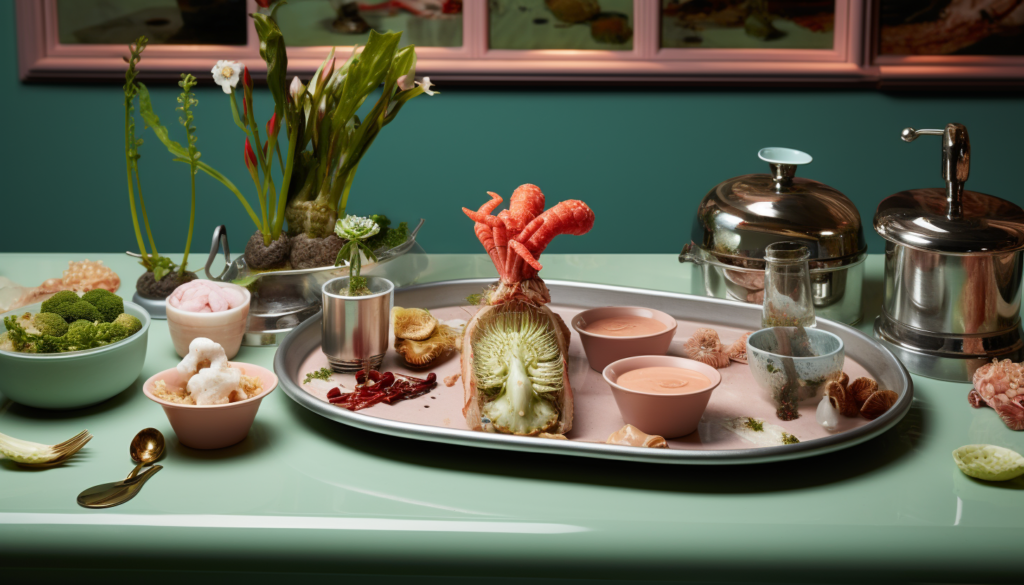
Other chefs like Shirel Berger of the Tel Aviv plant-based restaurant Opa, criticize food tech’s taste and ideological outlook. Berger says the problem with alternative meats is that they often don’t taste good or address the problem of overconsumption.
She acknowledges that something must be done about the negative environmental impact from animal agriculture. However, she believes the solution should come from a cultural shift in how people think about food. “Why can’t we just ‘go back’ to nature and appreciate what it’s giving us rather than sitting in little labs or high-rise, high-tech buildings” thinking of ways to recreate meat, asks Berger. In contrast to most food tech companies, Berger likes how Opa “is not trying to make people think about meat, we’re trying to make people think about how vegetables can be so interesting and tasty.”
Raz Rahav, the chef of the acclaimed OCD in Tel Aviv, sees similarities between the abundance of alternative meat companies and the hype that surrounded molecular gastronomy in the late 1990s and early 2000s. At molecular gastronomy’s peak, “all the restaurants wanted to show that they could do it… but for most restaurants, it [didn’t taste] good enough.”
Food tech is caught in a similar quandary, says Rahav. “Their goal is to show off technique, not taste,” and the competitive landscape is distracting the companies from their real goal. Rahav believes that food tech needs to refocus. Their products “can’t just be good for the planet, they also have to be good for us — both tasty and nutritious,” he adds.
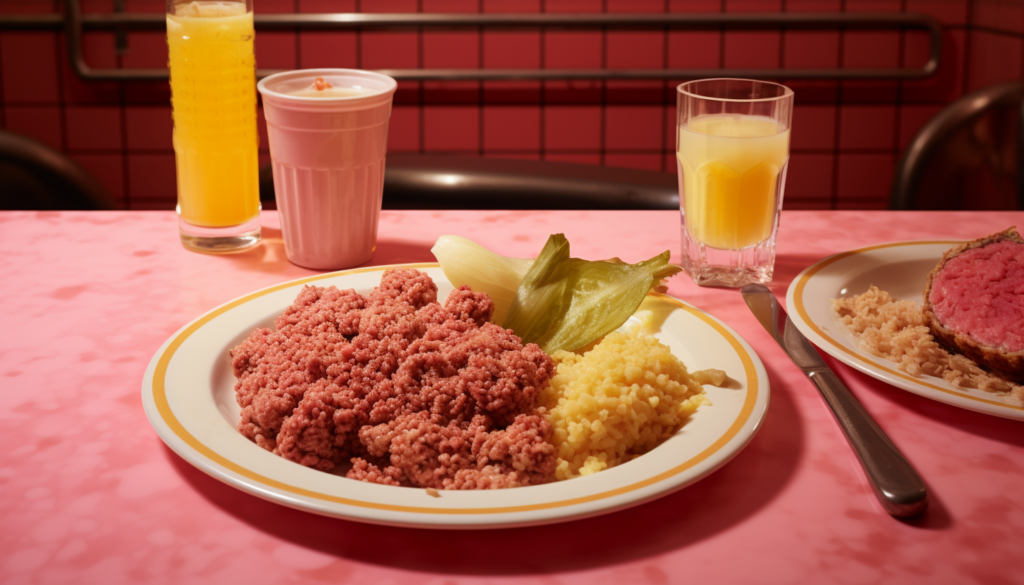
While Claro chef Ran Shmueli isn’t opposed to food tech’s development, he simply prefers not to eat substitutes or highly processed foods. “Some of the products — I’m sorry — gross me out,” he says.
For Habib and Minerva Daoud, who have two farm-to-table Palestinian restaurants — Kabakeh in Jaffa and Ezba in northern Israeli — health concerns keep them from using these products. Habib Daoud, who before becoming a chef worked as a nurse, finds food tech metaphorically “hard to swallow,” because he is not convinced their products are healthy, and Minerva Daoud says “it sounds like eating plastic.”
Slowly, relationships between chefs and food tech are improving
Despite setbacks, Kabessa believes that the distance between food tech and chefs can and should be bridged. She points to food tech start-ups co-founded by chefs as examples of progress.
Whether a food tech company sells their product directly to a consumer or to another business, at the end of the day someone is using or experiencing the product, she says. So, “taste and experience are the highest priorities,” and involving chefs is essential, says Kabessa.
But, when food tech companies work with chefs, it’s typically in a narrow way. Bz Goldberg, who co-founded MFL along with Yosefi, explains that it’s often in marketing, as sources for inspiration for new flavors, or as “application guys” who are asked to make science taste good. “Chefs are almost never involved with real R&D,” says Goldberg.
When Yosefi and Goldberg started MFL, they set out to change that. Their company combines traditional cooking techniques with cutting-edge technology to make plant-based foods taste delicious. The start-up educates chefs about technology and scientists about culinary arts so they can “meet at the table and make R&D decisions together,” says Goldberg.
For Yosefi, an important part of the start-up’s DNA is that it “was built by chefs.” Coming from the restaurant business where “deliciousness is the key factor,” chefs are always tasting everything. He applies the same exacting standard to MFL as he does in the kitchen. “We do not know how to sell something that is not delicious,” says Yosefi.
Being closely associated with Yosefi’s restaurant Brut, the start-up is also able to see how chefs and customers react to the products. The day after serving lentil ragu with roasted cauliflower enhanced with MFL flavoring, they’re back in the lab iterating and fine-tuning.

Meanwhile, the chef-founded start-up Meala cleans up the ingredient labels for alternative meats. Currently, many alternative meats use ingredients most people have never heard of. For example, methyl cellulose is used in Impossible and Beyond burgers to hold the patties together. With Meala’s replacement ingredients, the ingredient list will read like a short list of simple, home kitchen ingredients, like peas or soy.
CEO and co-founder Hadar Razmovich says Meala always has the customer experience in mind. Having a chef as a co-founder facilitates this, she adds. As soon as preliminary analysis is completed in the lab, the product is sent to the kitchen, where chefs test its cookability and flavor. A guiding principle for Razmovich is that “food tech needs to understand that at the end, customers want to enjoy food.” And chefs are uniquely situated to help.
Start-ups with chefs at the helm, like MFL and Meala, prioritize culinary expertise focused on taste at the same level as technology and business. “This is where the magic is really happening,” says Kabessa.
